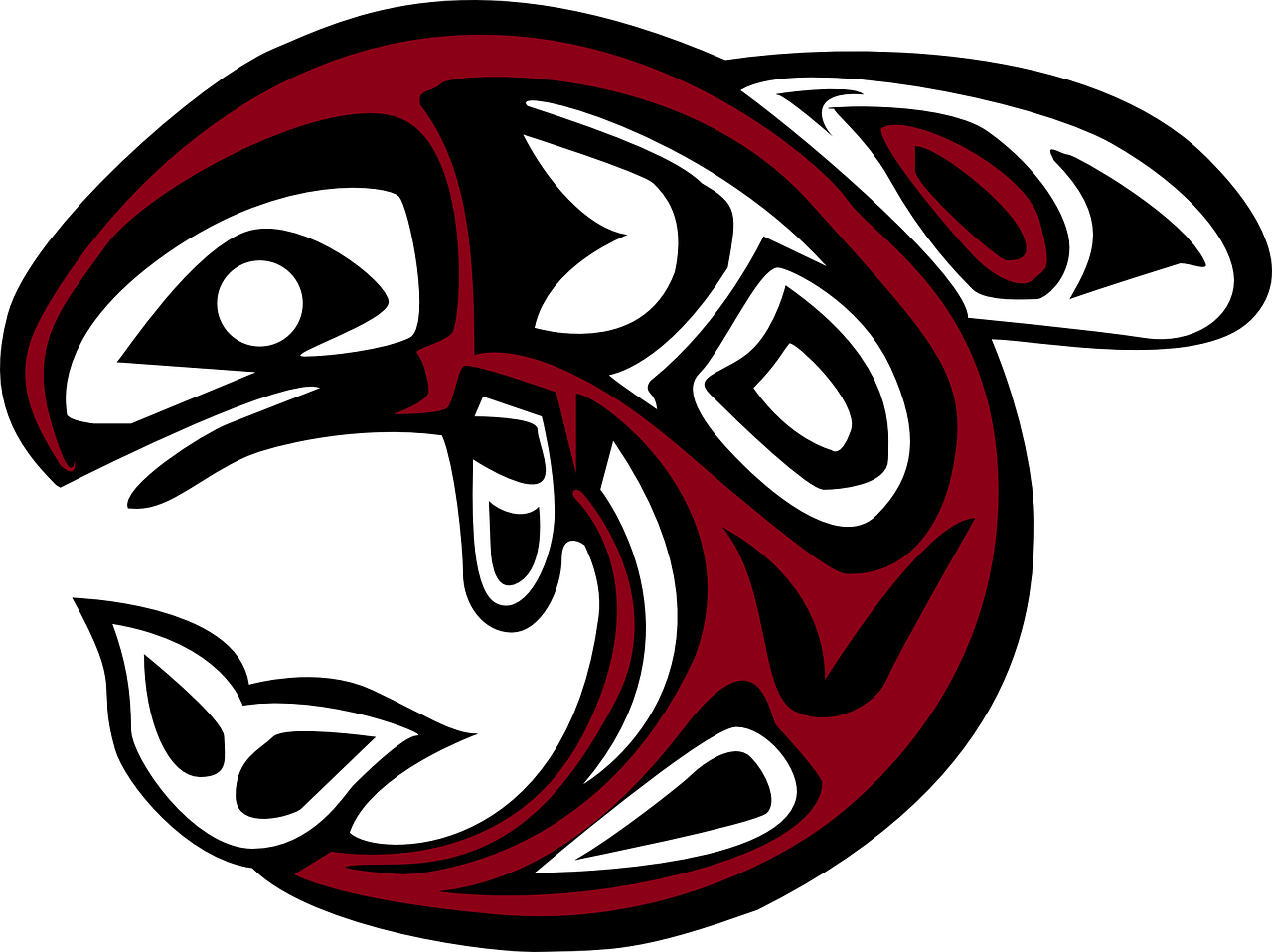Columbus Day is observed on the second Monday of October. Celebrated as a federal holiday in the United States since 1937. It celebrates Christopher Columbus’s arrival in the Americas on October 12, 1492. The history of this holiday and its significance have evolved over the years, sparking both celebration and controversy.
The observance of Columbus Day can be traced back to 1792, when Italian Americans in New York City celebrated the 300th anniversary of Columbus’s landing. This event marked the beginning of a tradition that would grow in popularity, especially among Italian immigrants, who viewed Columbus as a symbol of their heritage and a testament to their contributions to American society.

By the late 1800’s, as waves of Italian immigrants faced discrimination and prejudice, the celebration of Columbus Day provided an opportunity for solidarity and pride. In 1909, President William Howard Taft proclaimed the first official Columbus Day, but it wasn’t until 1937 that it became a federal holiday.
Columbus Day was initially celebrated with parades, educational events, and public ceremonies. The holiday became a means for Italian Americans to assert their identity in a diverse but often hostile environment. It was also a time to reflect on the contributions of European explorers and the subsequent development of the Americas.
In many parts of the United States, Columbus Day festivities included re-enactments, lectures on exploration, and celebrations of Italian culture. Schools taught about Columbus’s voyages, portraying him as a brave explorer who opened the door to the New World.
The Shift in Perspective
However, the perception of Columbus Day began to change in the latter half of the 20th century. The narrative of Columbus as a heroic explorer has been increasingly scrutinized. Historians and Indigenous advocates began to highlight the darker aspects of his legacy, including the violence and exploitation that followed his arrival in the Americas.
Columbus’s expeditions were marked by the subjugation of Indigenous peoples, enslavement, and the spread of diseases that decimated native populations. As awareness of these historical injustices grew, many began to question the appropriateness of celebrating Columbus Day.
Indigenous Peoples’ Day
In response to the growing recognition of the impact of European colonization on Indigenous communities, a movement to replace Columbus Day with Indigenous Peoples’ Day gained traction. The first city to officially adopt this alternative was Berkeley, California, in 1992. Since then, numerous states and municipalities have followed suit, celebrating Indigenous cultures and acknowledging the history of colonial violence.
Proponents of Indigenous Peoples’ Day argue that it is essential to honor and recognize the resilience of Indigenous peoples and their contributions to society. By shifting the focus from Columbus to the diverse cultures that existed long before his arrival, communities can engage in a more inclusive and honest dialogue about history.

The Ongoing Debate
Today, the celebration of Columbus Day remains a contentious issue. Some view it as a day of pride and recognition of Italian American heritage, while others see it as a reminder of the colonization and oppression faced by Indigenous peoples. This division has led to protests, public discussions, and legislative battles across the country.
Many states, including South Dakota, Hawaii, and Alaska, have officially replaced Columbus Day with Indigenous Peoples’ Day. Other states have opted for a dual observance, allowing both days to be recognized. This approach seeks to honor the diverse perspectives surrounding the holiday while promoting dialogue and understanding.
The Future of Columbus Day
As we move forward, it is clear that the conversation around Columbus Day and its alternatives will continue to evolve. The increasing awareness of social justice issues and the need for inclusive narratives in education and public discourse will likely shape how we recognize this date.
In conclusion, the history of Columbus Day is not just a tale of exploration; it is a lens through which we can examine the broader themes of cultural identity, historical interpretation, and social justice. As society grapples with its past, the evolving significance of this holiday serves as a catalyst for meaningful dialogue about our shared history and the path toward a more equitable future.
